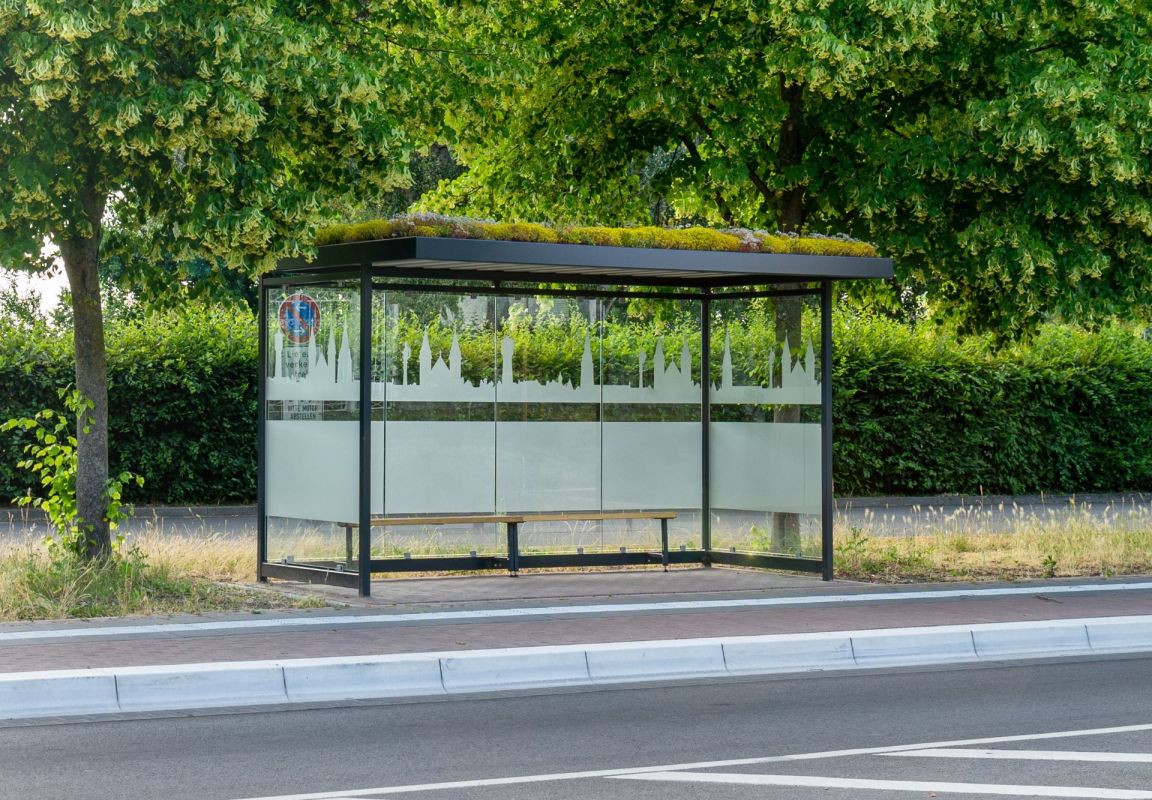A growing interest in increasing natural areas in urban settings has led to cities building new environmentally-friendly infrastructure like green roofs and sidewalk gardens. Now the Dutch city of Utrecht has inspired cities across Europe to start installing pollinator gardens on top of bus stops.
These "buzz stops" have since popped up in cities across Europe and are set to grow by up to 50% in the United Kingdom, according to the Guardian. There is significant potential in expanding this program, considering that one company, Clear Channel UK, manages 30,000 bus stops across the U.K.
Other countries like Sweden and Denmark already have buzz stops in their cities, and Clear Channel has received inquiries for construction as far away as Canada and Australia.
The roofs, which include pollinator-friendly flowers like strawberries, poppies, and pansies, are being constructed on bus stops where the roofs need to be replaced. Since the average life of a bus stop shelter is around 20 years, Clear Channel uses the pollinator gardens to upgrade and maintain the structure's longevity.
The gardens are relatively low-maintenance and can be filled with flora to attract a range of pollinators. The company has added native plants, like thyme, wild marjoram, and kidney vetch, to attract species like common carder bees, buff-tailed bumblebees, and peacock butterflies. These pollinators provide a valuable ecosystem service to humans, and urban areas have historically been a desert for pollinators looking for food.
In addition to providing habitat, the rooftop gardens can capture rainwater, which would otherwise run off on impervious surfaces like roads and sidewalks.
The gardens also offset the urban island heat effect — a phenomenon that occurs because urban spaces are often made up of heat-trapping surfaces like asphalt. These surfaces retain heat and cause cities to have higher temperatures than rural places. Green infrastructure can deflect solar radiation and release moisture, thus mitigating the effect.
"We want to roll this out to as many countries as possible," said Louise Stubbings, creative director at Clear Channel UK, in the Guardian article. "We see this as a long-term, scalable addition to our bus shelters. We'd like to do them everywhere; the positive effects are incredible."
Join our free newsletter for weekly updates on the coolest innovations improving our lives and saving our planet.









